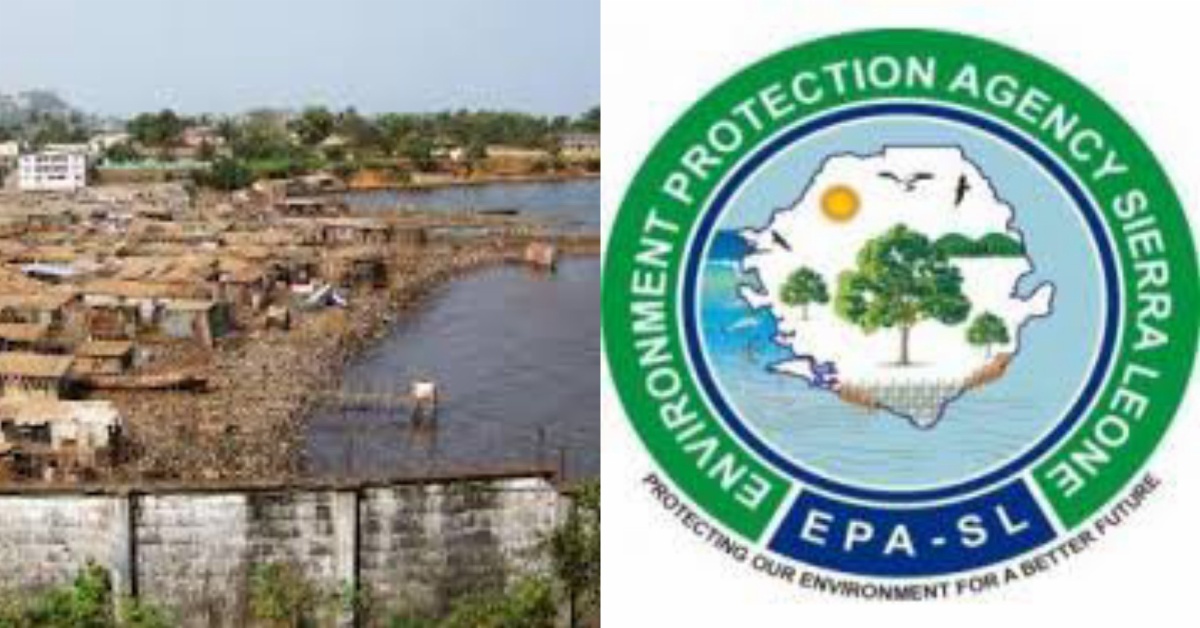The Environment Protection Agency (EPA) has encountered stiff resistance from the People of Bo to stop the construction of structures in the swamps by destroying the EPA’s stop sign boards erected on the wetlands.
Speaking, the Information Education and Communication Officer in the Southern Region, Fomba Sheriff said “sadly enough where we put the stop sign boards to inform people not to build in those areas have been destroyed”.
According to him, they have identified the people who destroy the stop sign boards and in fact, those things were erected on state lands, because wetlands belong to the government, adding that nobody has the right to build in the swamps.
Mr. Fomba said that the stop sign boards were erected in wetlands along Bo-Freetown Highway, Bo-Kenema Highways, and Towama Road in Bo and they have identified those responsible for the destruction.
He further noted that they have invited their lawyer to move around the areas where the stop Sign posts were erected.
He said that they have engaged construction companies that are allegedly making their vehicles available to the people to backfill the swamps or wetlands to desist from such acts, as wetlands provide habitat for thousands of species of aquatic and terrestrial plants and animals, and also Wetlands are valuable for flood protection, water quality improvement, shoreline erosion control, natural products, recreation and aesthetics among others.
The Public Relations Officer of Civil Society Forum in the Southern Region, Joseph Blackie expressed dissatisfaction over the attitude of some Sierra Leoneans who are bent on building in the swamps that is of huge benefit to the society when it comes to natural disasters including flooding.
Mr. Blackie said that Sierra Leone is well endowed with substantial natural resources of croplands, forests, rangelands, freshwater, wetlands (swamps), biodiversity, wildlife, extensive fisheries, and mineral resources diamonds, gold, rutile, bauxite, iron ore, chrome ore among others.
These resources, he said have continued to determine the path and pattern of economic growth in the country depending mainly on how they are being valued, used, and managed which in turn depends on the economic policies and institutions in place.
He added that the irrational use of the environment and natural resources over the years has resulted in environmental degradation and the deterioration of the quality of the urban environment.
Mr. Blackie called on the EPA to take action against those erecting buildings in the swamps, which will in turn make the people vulnerable to climate change.
He however said that the government has formulated a range of sectoral policies, regulatory and institutional frameworks that deal with natural resource forestry, wildlife, minerals, fisheries management, protected area system management, and biodiversity conservation and they are looking forward to seeing the regulatory framework being implemented to the letter.











